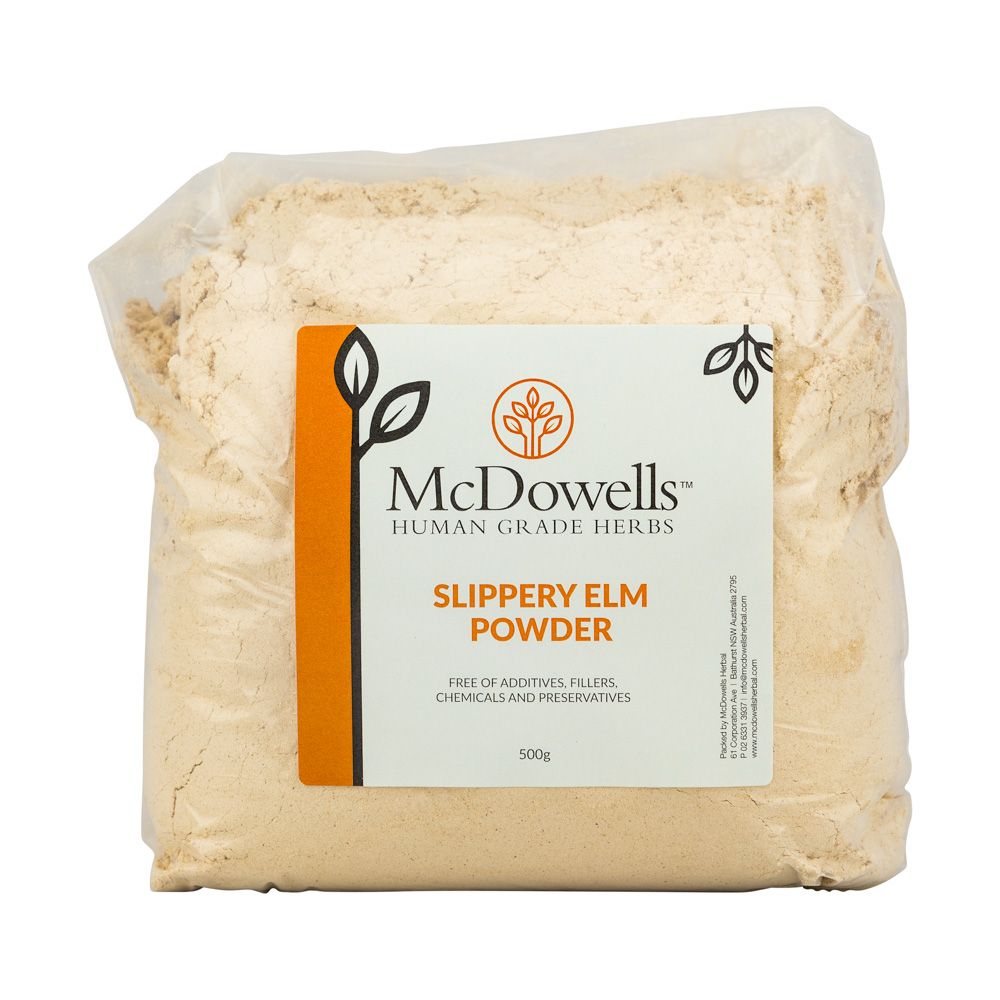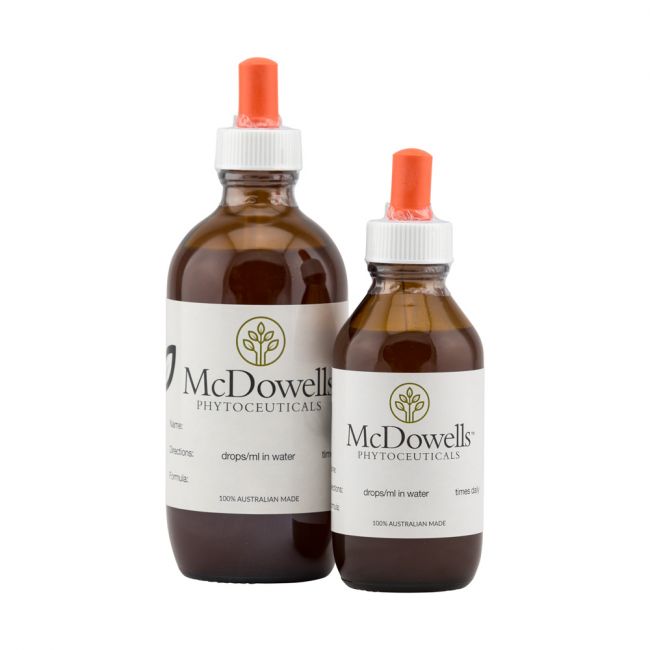Peptic ulcers are open sores or erosions in the lining of either the duodenum (duodenal ulcers) or the stomach (gastric ulcers)...

The most common causes of peptic ulcers are infection with the bacterium Helicobacter pylori (H. pylori) and long-term use of nonsteroidal anti-inflammatory drugs (NSAIDs).
Stress and spicy foods do not cause peptic ulcers. However, they can make your symptoms worse (1).
Symptoms include:
- Abdominal pain with a burning or gnawing sensation
- Pain 2 to 3 hours after eating
- Pain is often aggravated by an empty stomach; for example, nighttime pain is common
- Pain may be relieved by antacids or milk
- Heartburn
- Indigestion (dyspepsia)
- Belching
- Nausea
- Vomiting
- Poor appetite
- Weight loss
Risk factors
- Genetic factors may predispose you to developing an ulcer
- Increasing age
- Chronic pain, from any cause such as arthritis, fibromyalgia, repetitive stress injuries (like carpal tunnel syndrome), or persistent back pain, leading to ongoing use of aspirin or NSAIDs
- Alcohol abuse
- Diabetes may increase your risk of having H. pylori
- Lifestyle factors, including chronic stress, coffee drinking (even decaf), and smoking, may make you more susceptible to damage from NSAIDs or H. pylori if you are a carrier of this organism. Again, however, these factors do not cause an ulcer on their own
McDowells recommendations
- Eat a diet rich in fiber, especially from fruits and vegetables; this may reduce your risk of developing an ulcer in the first place and may speed your recovery if you already have one. The vitamin A may be an added benefit from these foods.
- Foods containing flavonoids, like apples, celery, cranberries (including cranberry juice), onions, and tea may inhibit the growth of H. pylori .
- Avoid beverages that can irritate the lining of the stomach or increase acid production including coffee (with or without caffeine), alcohol, and carbonated beverages.
- Omega 3 fatty acids-take fish or flaxseed oil
- Take high quality probiotics
- Reduce sugar, salt, tea, coffee and alcohol
- Do not smoke
- Stop taking aspirin and NSAID's
- Reduce stress with regular use of relaxation techniques such as yoga, tai chi, qi gong, or meditation. These practices may also help lessen pain and reduce your need for the damaging NSAIDs discussed.
McDowells products
Marshmallow is high in mucilage. High-mucilage-containing herbs have a long history of use for irritated or inflamed mucous membranes in the digestive system, though no clinical research has yet investigated effects in people with peptic ulcer.
Slippery Elm provides a protective lining to the mucosal lining of the gastro intestinal system and in 12 weeks will heal an irritated lining.Slippery Elmis excellent for treatment of these conditions and involves taking 1 dessertspoon of Slippery Elm Powder mixed with yoghurt, mashed banana or cold chamomile tea before meals.
Licorice ( Glycyrrhiza glabra ) - this herb is a demulcent (soothing, coating agent) that has long been valued for its use in food and medicinal remedies, including treatment of ulcers. Some licorice root extracts, known as deglycyrrhizinated licorice (DGL), still have the healing properties of licorice without the harmful effects (like high blood pressure). DGL lozenges may even prove as effective as some prescription drugs for stomach ulcers. A twelve-week study of 874 duodenal-ulcer sufferers published in the Medical Journal, Ireland, showed licorice healed ulcers faster than the drug Tagament, with no hormonal side effects. Other studies showed relief to complete cure in 2-6 weeks with patients taking up to 20-25g daily. Licorice assists the healing of stomach ulcers by spreading a protective gel lining over the stomach wall, lowering acid levels, as well as easing painful spasms.
On an emotional level we can't stomach who we are and hold a big fear of not being good enough and we eat ourselves up trying to please others, so do everything you know to raise your self esteem and most importantly be gentle and loving to the child within.
References
(1) Mayo clinic Peptic ulcers




